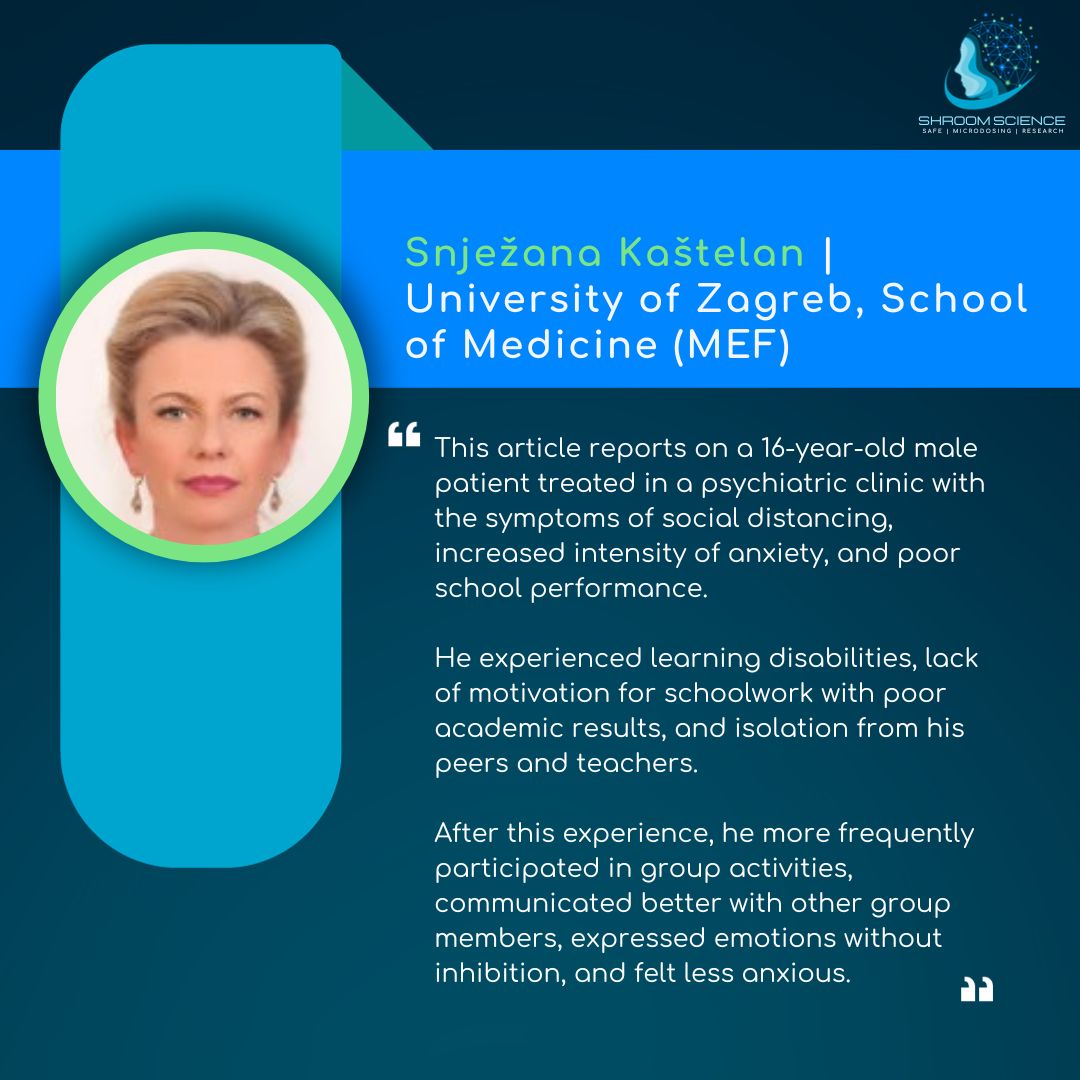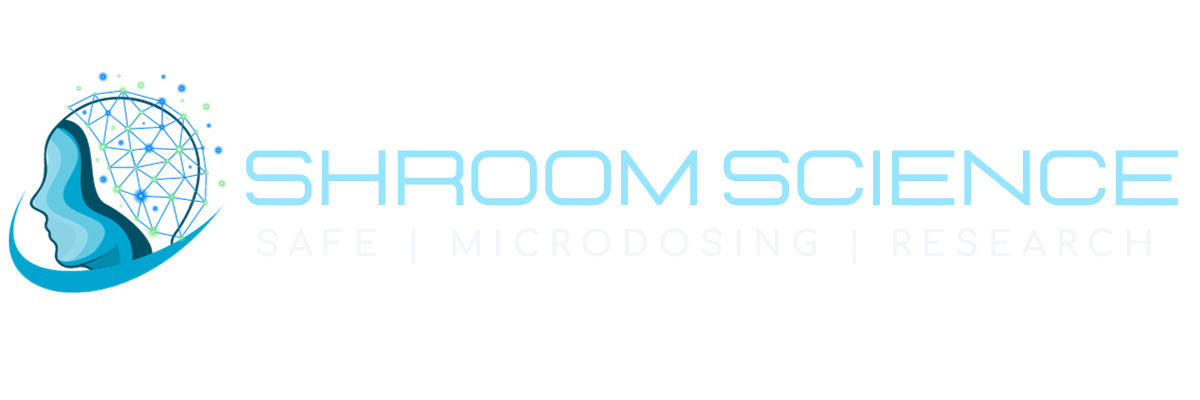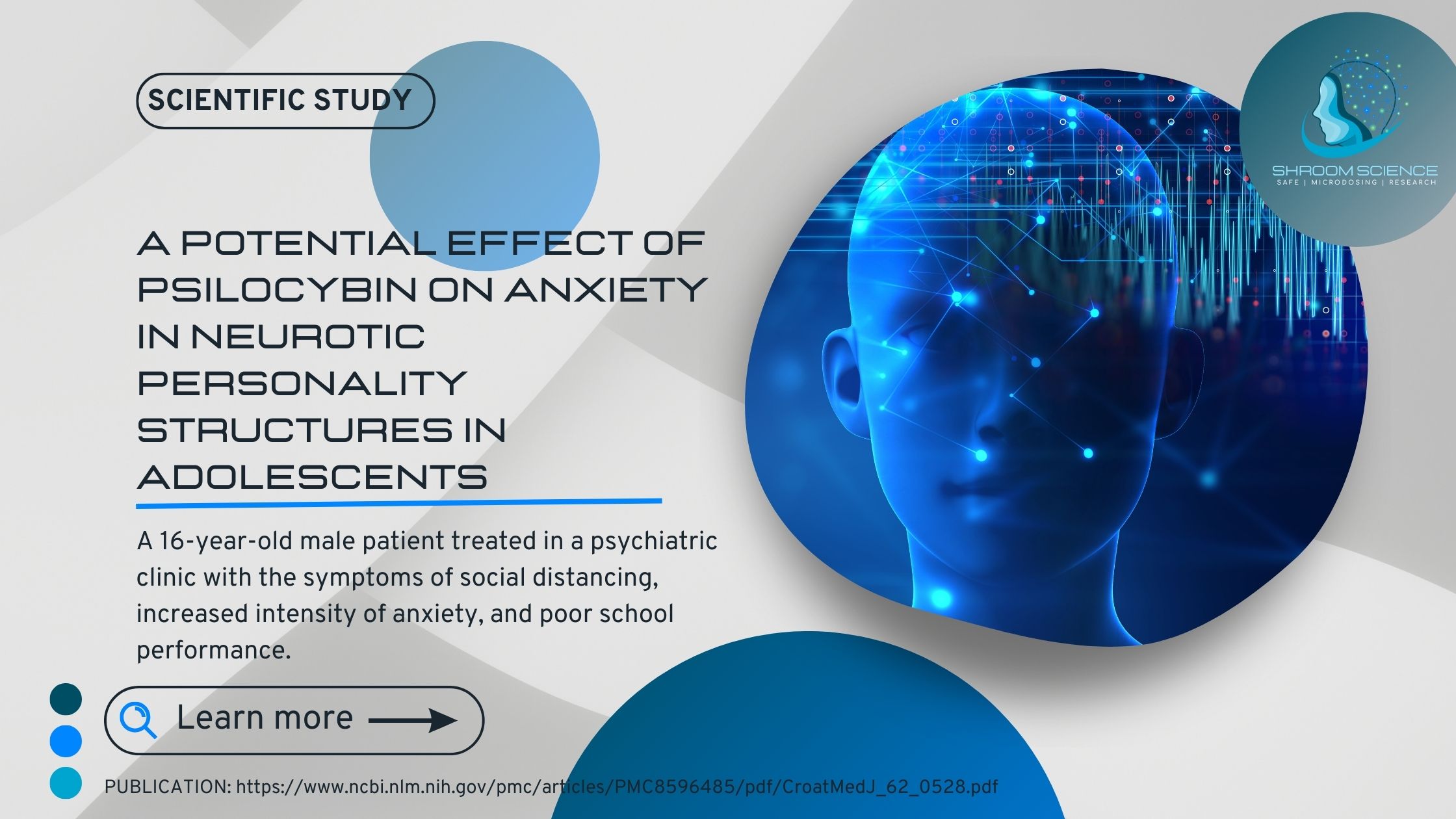A Potential Effect of Psilocybin on Anxiety of an Adolescent
This study discusses the therapeutic potential of psilocybin, a naturally occurring psychedelic substance found in certain mushrooms, in the treatment of psychiatric disorders, particularly in adolescents. It outlines key points and highlights a case study of a 16-year-old patient who experienced significant improvement in social phobia and anxiety after consuming psilocybin in combination with psychotherapy. The article also emphasizes the need for further research in this field.
Psilocybin is a naturally occurring psychedelic compound found in Psilocybin mushrooms, and it has a long history of use in different cultures for inducing altered states of consciousness. When ingested, psilocybin is converted into psilocin, which primarily affects serotonin receptors, particularly the serotonin 2A receptor. The effects of psilocybin are dose-dependent and include perceptual, cognitive, and emotional changes. It has shown promise in managing various mental health conditions, such as treatment-resistant depression, anxiety, addiction, and post-traumatic stress disorder.
Case Study: 16 Year Old Male for Anxiety and Social Phobia
The study discusses the case of a 16-year-old male patient with social phobia, anxiety, and poor school performance. Traditional treatments, including psychotherapy and medication, had limited success in improving his condition. After consuming psilocybin, the patient experienced a profound positive transformation, including better communication, reduced anxiety, and improved group therapy participation. This rapid and substantial improvement was remarkable and had not been observed with psychotherapy alone.
The patient’s positive response to psilocybin may be attributed to the activation of specific neural systems in the brain related to the “seeking system.” Psilocybin increases serotonin and dopamine levels in key brain regions, which play a role in promoting feelings of pleasure and motivation. This effect can create lasting impressions that “everything will be fine,” even after the substance has left the system. Such neural changes also occur with frequent psychotherapeutic treatment, where conflict resolution and the therapeutic relationship can build new neural pathways that enhance a patient’s confidence and ability to function in everyday life.

The study acknowledges the limitations of conventional therapy in treating anxiety and depression, emphasizing the potential benefits of psilocybin when combined with psychotherapy, particularly in adolescents with social phobia and generalized anxiety disorder. It also highlights that there have been only a few double-blind studies on the use of psilocybin in psychiatric treatment, calling for further research to assess its value in psychiatry.
Psilocybin has some risk and potential for abuse, it states that there is limited evidence of physical or psychological dependence when used under medical supervision. However, the emphasis is on using psilocybin as an adjunct to psychotherapy rather than a stand-alone treatment, as psychological support is crucial when administering psychedelic substances. The article also mentions that psilocybin may lead to long-lasting positive changes even with a single use.
Pairing Psilocybin and Psychotherapy
In conclusion, the therapeutic potential of psilocybin in the treatment of psychiatric disorders, particularly in adolescents with social phobia and anxiety. It highlights a case study where a 16-year-old patient experienced significant improvement after consuming psilocybin alongside psychotherapy. However, the article underscores the need for further research in this area and emphasizes the importance of using psilocybin in combination with psychotherapy, under medical supervision, to maximize its potential benefits for mental health.


No Comments